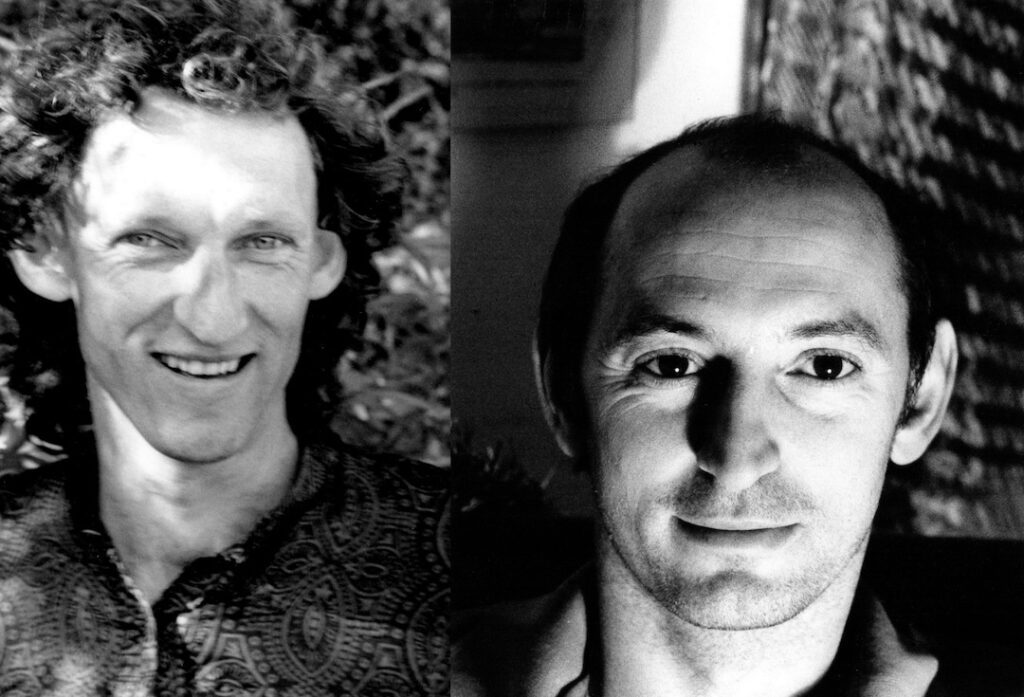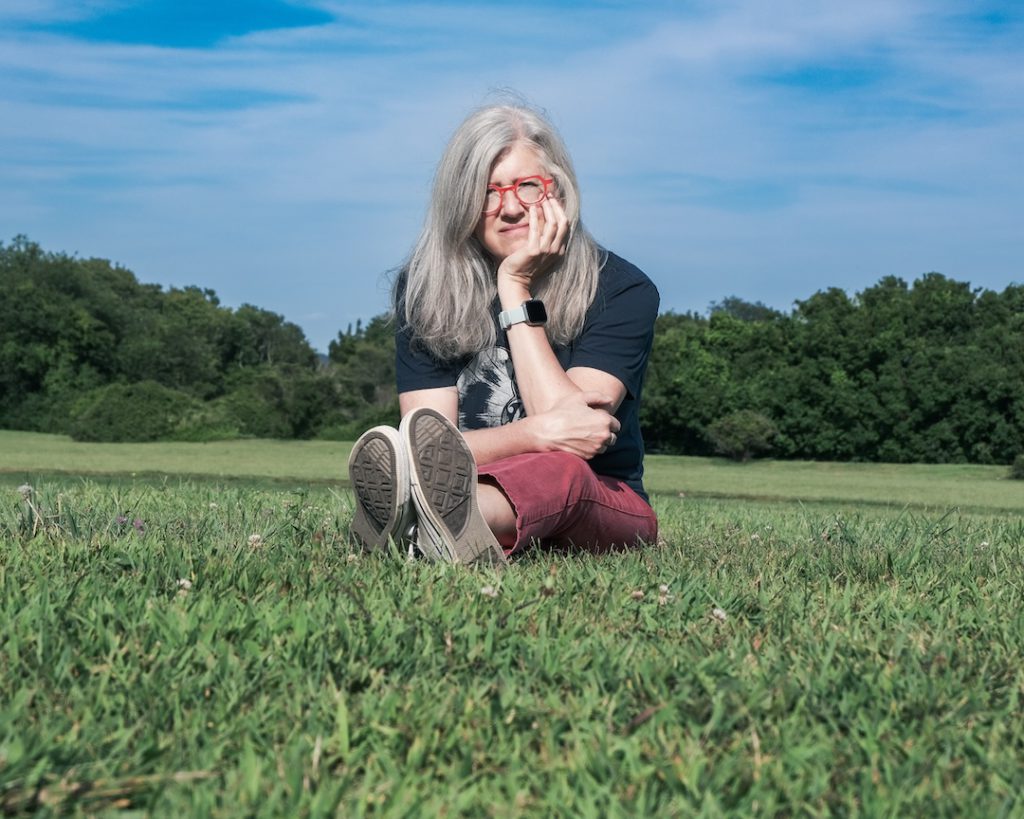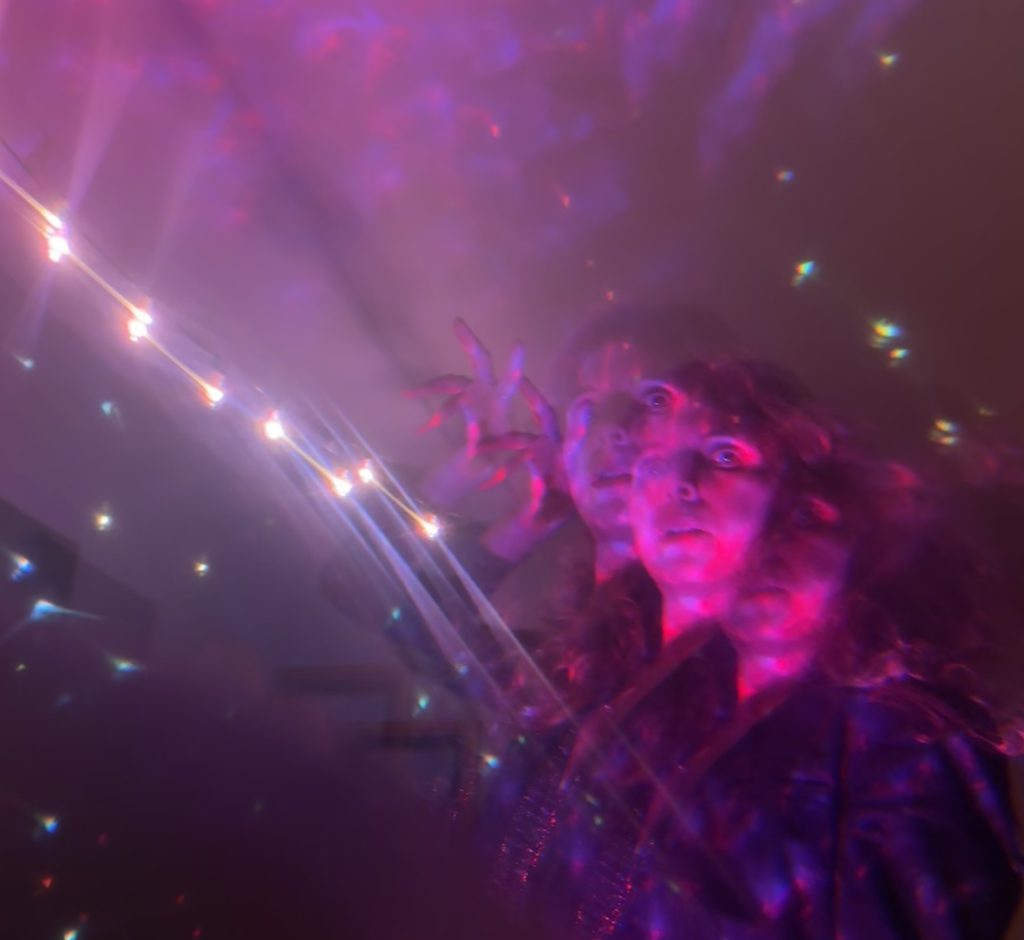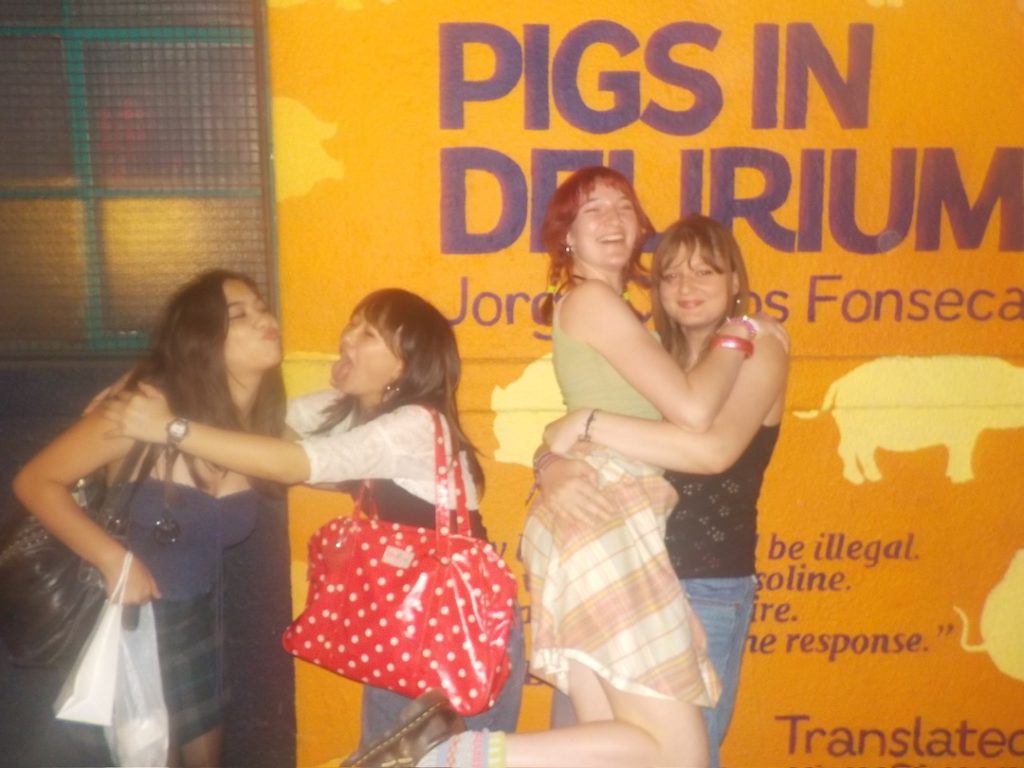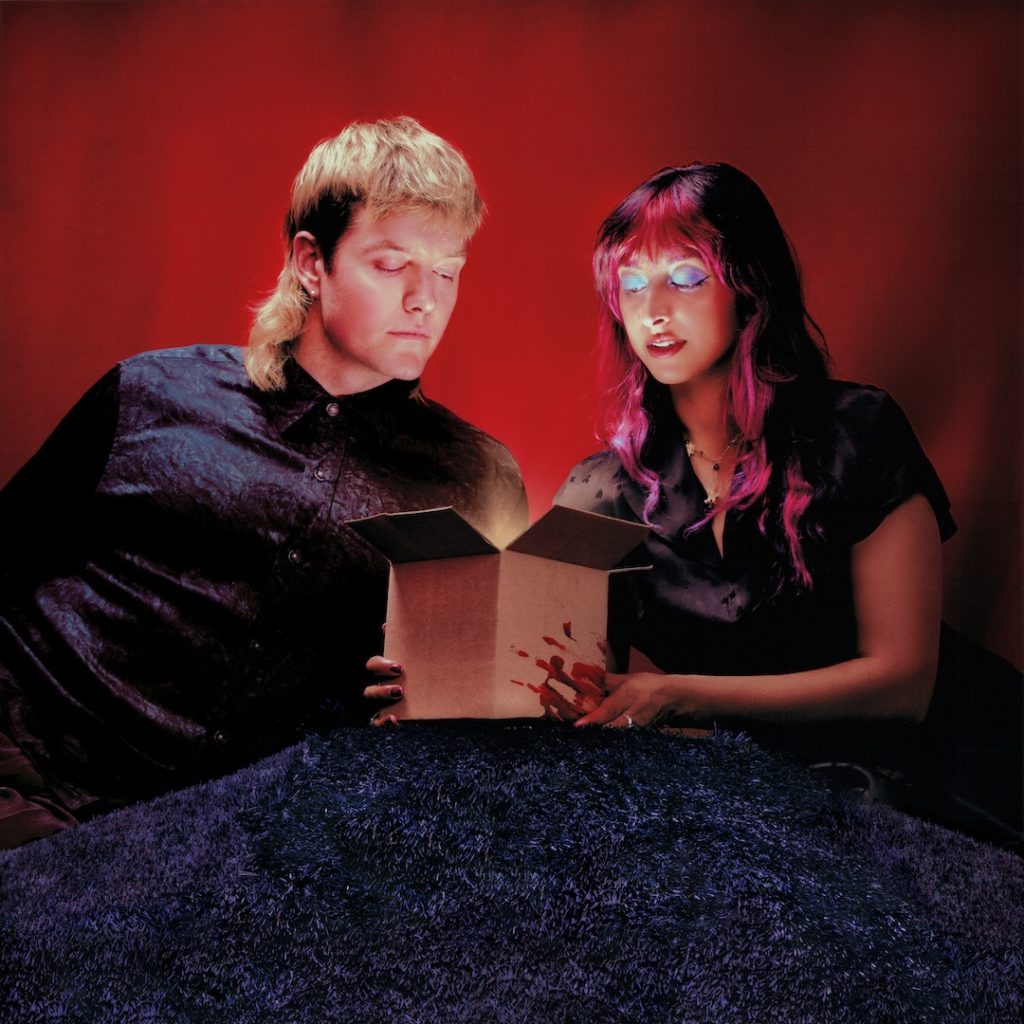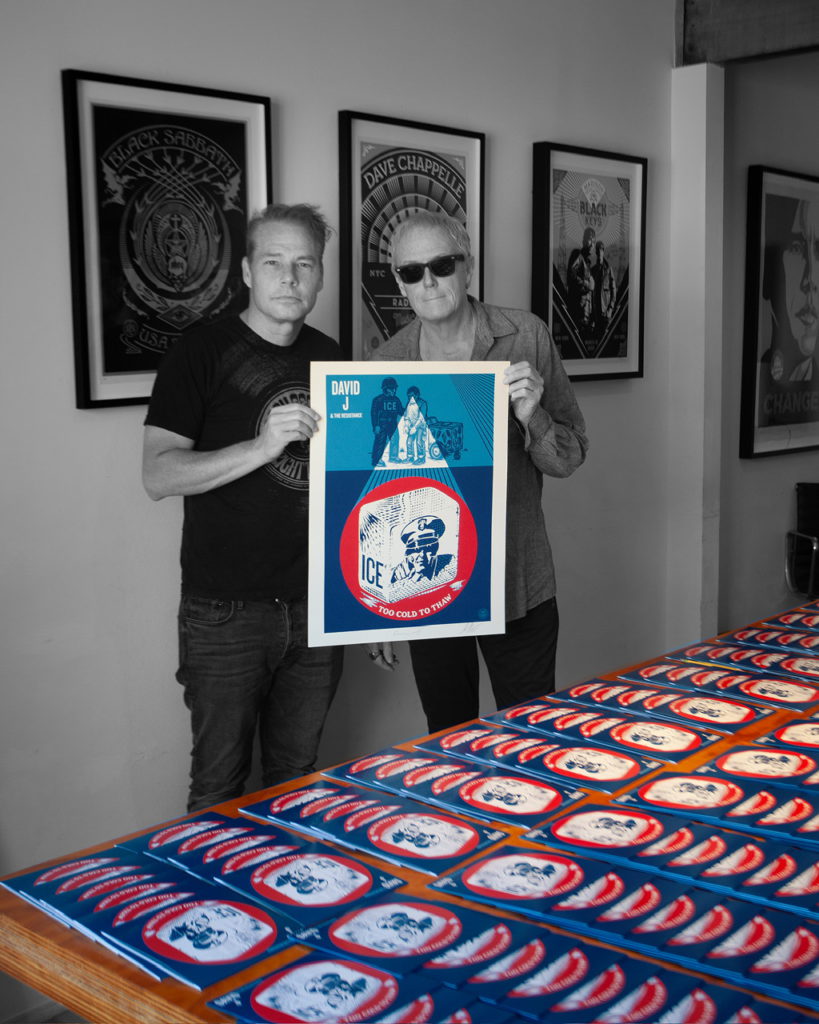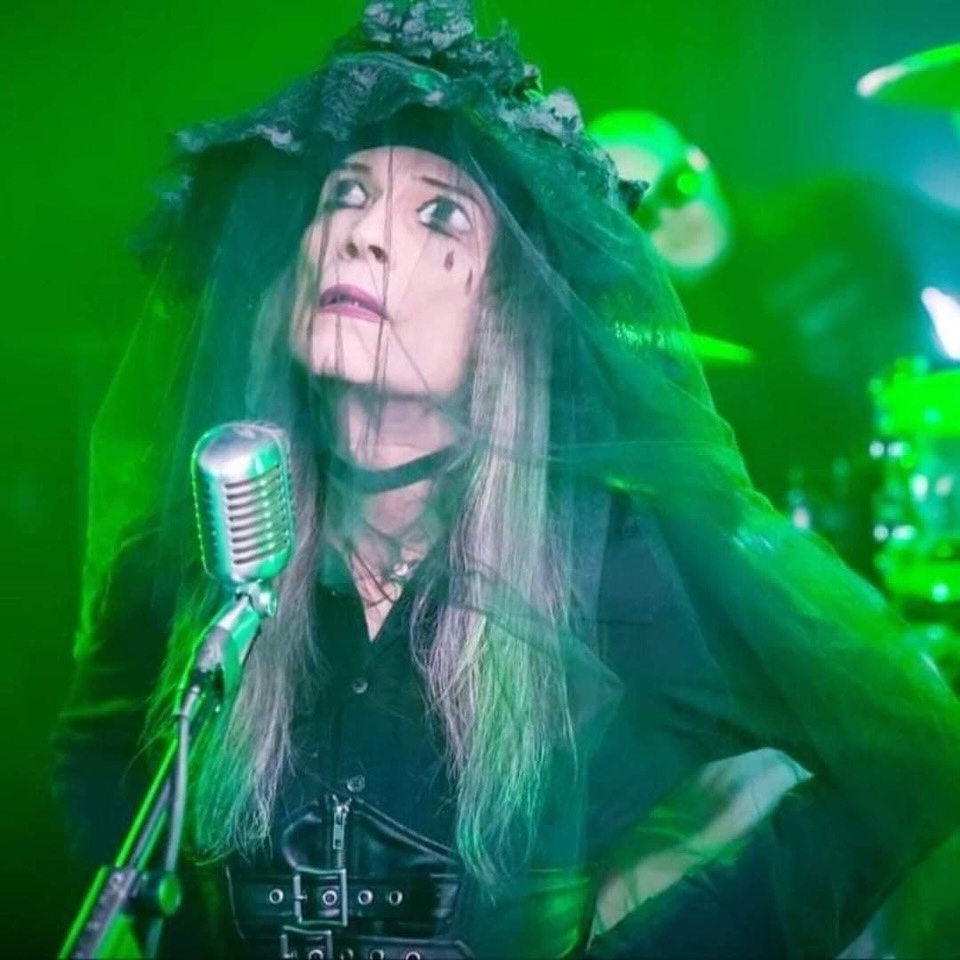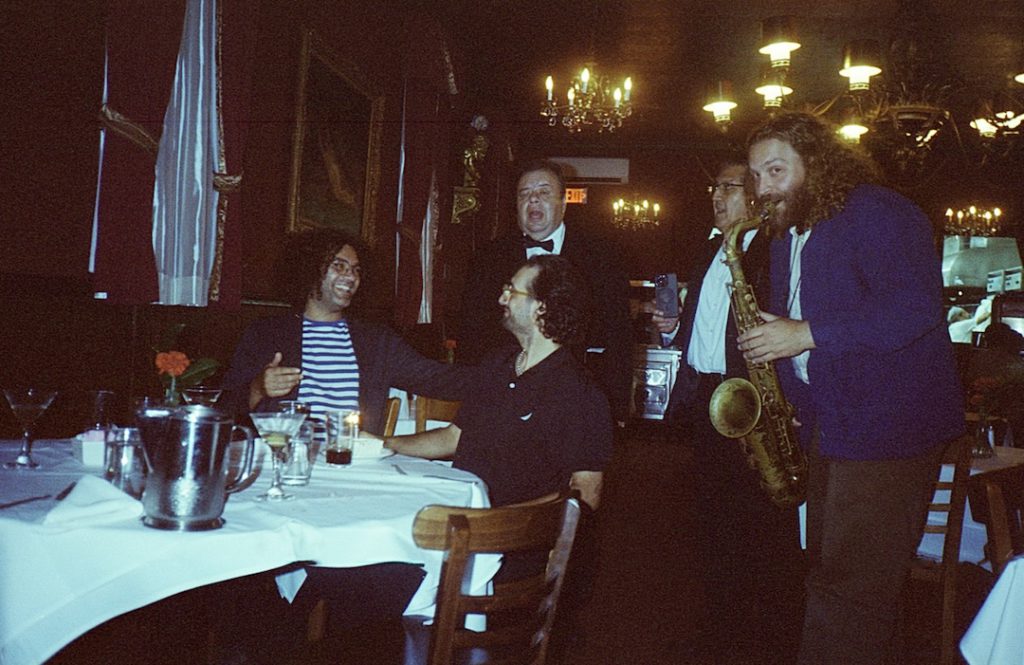
Kiss Big, the latest album from Irish singer Ailbhe Reddy opens with an ending. “I see you,” she sings on “Align” as a melancholy synth percolates underneath her description of the reflection in a train window. You can imagine the goodbye play out as if it were filmed in black-and-white.
Reddy began writing Kiss Big several years ago, when the Dublin-raised artist moved to London, where she’s currently based, and was going through a breakup. “There were bits and pieces that I wrote over the years,” she says on a recent video call. The components gradually came together in the form of an album that digs into the aftermath of a relationship and all the conflicting emotions that come with it. Lyrically, Reddy glides back and forth through time as she juxtaposes flashback’s with revelations that sound more recent than they are. Making an album takes time.
(more…)